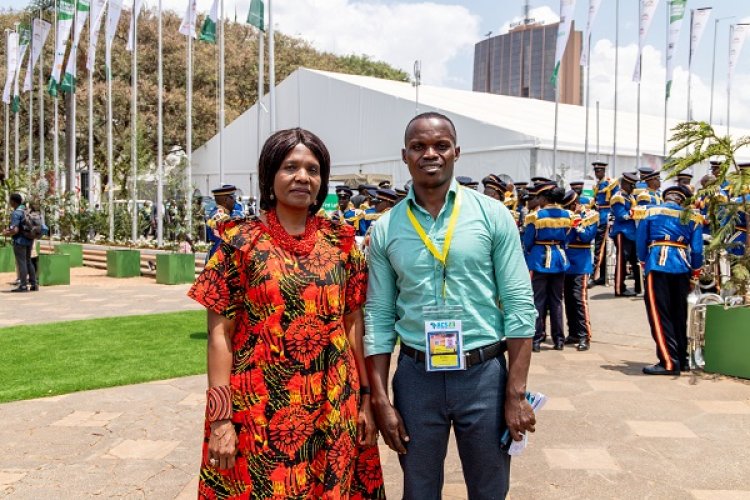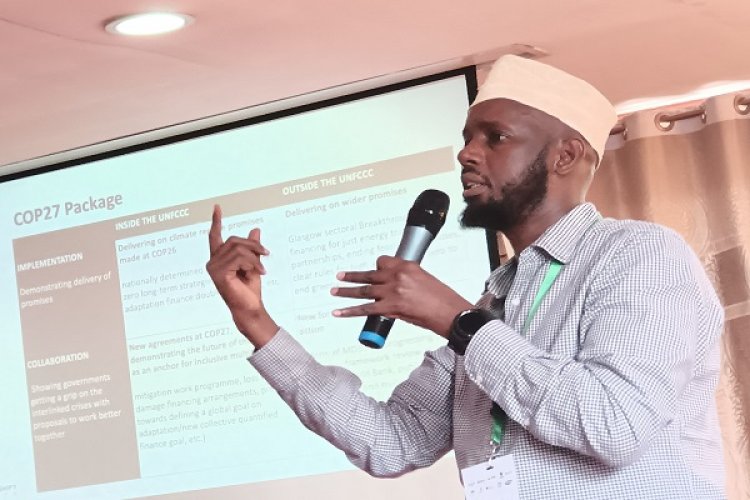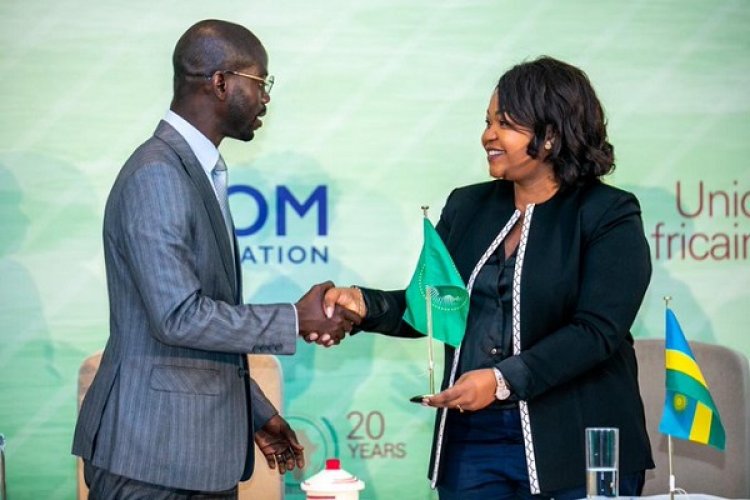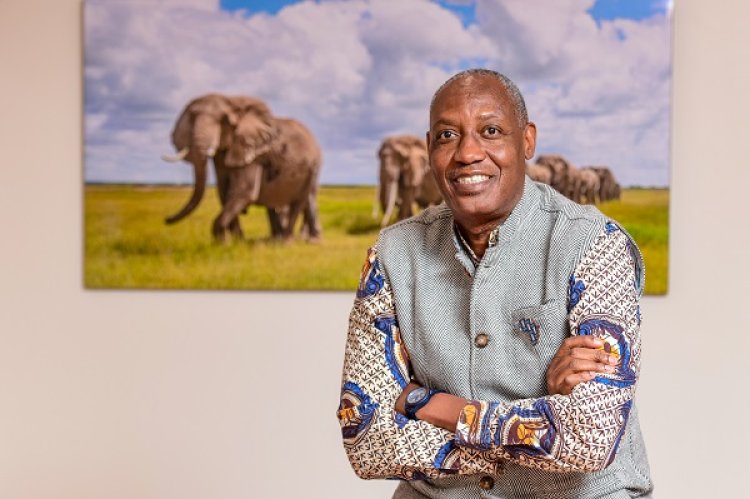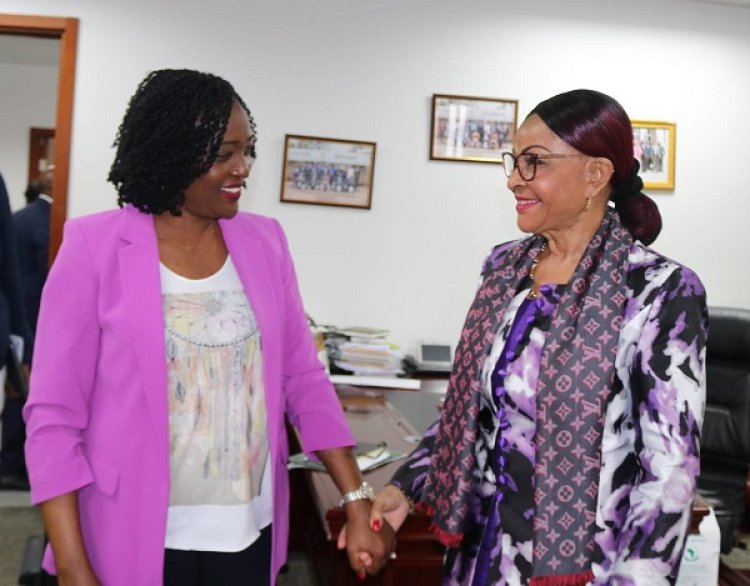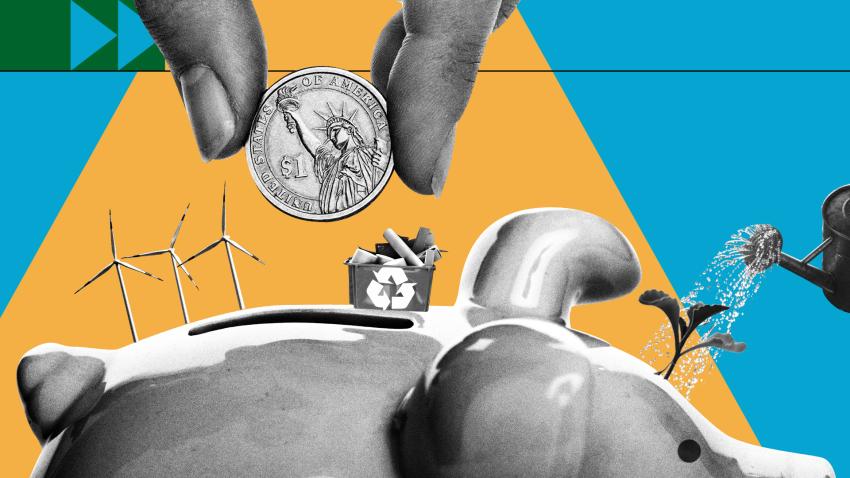One of the key highlights of the recently-concluded Africa Climate Summit in Nairobi is the call to urgently address the debt-climate nexus as the former has been singled out as exacerbating the toll of climate change in many countries on the continent.
Decades of rich nations’ inaction on Africa demands for resources to finance reduction of emissions (adaptation), coupled with difficulty attracting funding for projects to build resilience against current and future climate change effects (mitigation) saw countries on the continent drown deeper in debt.
Industrialized nations’ pledge to mobilise $100 billion a year for climate financing from 2020 to 2025 remains unfulfilled to date, and even if they reach the target this year, it’s too late.
This view is shared by Dan Jørgensen, Denmark Minister for Development and Global Climate Policy who was among Western countries’ leaders present at the inaugural Africa Climate Summit held from 4th to 6th September.
“The fact of the matter is that even if we manage that [raising the funds], we are talking a $100 billion and we know that for Africa to cope, we need at least $250 billion a year,” he told delegates at one of the main sessions attended by this writer.
Nairobi-based climate justice advocate, Mohamed Adow says $100 billion climate finance pledge by rich nations was a political pledge neither based on multilateral negotiations nor the need assessment by affected countries.
The fact of the matter is that even if we manage that [raising the funds], we are talking a $100 billion and we know that for Africa to cope, we need at least $250 billion a year.
Dan Jørgensen, Minister for Development and Global Climate Policy, Denmark
Also read: Road to ‘African COP’: Activists talk tough on climate reparations, injustices
South Africa’s environment minister, Barbara Creecy says industrialised nations’ failure to deliver on pledges and climate effects that intensified as a result are what pushed countries in Africa into the loss and damage area.
She indicates that Africa could be looking for $300 billion in compensation for destructive effects of climate change, also referred to as loss and damage compensation, by 2030.
Of 20 most affected countries, 17 are in Africa, a continent that contributes way too little to the emissions that cause climate change.
Therefore, as risks arising from recurrent climate disasters ranging from prolonged droughts, devastating floods, out-of-season storms to wildfires and resultant massive humanitarian crisis worsen, Mrs. Barbara indicates that the cost of borrowing to respond in addition to funding other development priorities is exorbitant.
As a result, many countries in Africa are not in a position to borrow further, let alone honoring their existing debt committments. Mrs. Barbara and other African leaders call for fundamentally different ways of funding climate beyond debt, such as public grants from developed countries and philanthropic capital.
Also read: Leaders in fresh push for redesign of green projects financing
Climate change is said to have raised the average cost of debts in a number of developing countries by $40 billion additional interest payment over the past ten years on government bonds alone, according to the UN environment agency.
“If you add the private sector, it becomes colossal,” said Ghana Minister of Finance Mohammed Amin Adam, adding that Africa debt situation has been worsened by the impact of the Covid-19 pandemic and global inflation pressure.
Debt-for-climate swaps
Leaders want industrialised nations to, among other things, implement debt-for-climate finance swaps, an arrangement where countries or multilateral development banks such as the IMF, World Bank forego debt owed by vulnerable nations so it can be used for climate action.
Germany heed the call with its special climate envoy and State secretary, Jennifer Morgan who was at the summit announcing €60 million debt-for-adaptation swap with Kenya, funds the latter plans to invest in initiatives in the area of sustainable agriculture and renewable energy.
Leaders hailed Germany action as exemplary. However, opinions remain divided on the subject.
U.S. Climate envoy John Kerry in his address recognized that African countries bear the brunt of unfair debt burden but did not signal whether or not his country would consider any action.
He announced President Joe Biden pledge of $3 billion annually for adaptation, and plans to design a fund to respond to the loss and damage.
On its part, the United Kingdom announced £49 million funding for climate finance and resilience projects in Africa, but the country’s ambassador to the African Union Madeleine Garlick did not confirm nor deny whether the UK would implement debt-for-climate swaps with African countries.

“We have our approaches to get all stakeholders together, private sector, international finance institutions and members States to talk about what we could do. It’s about partnership, it’s about long-term commitments and it’s about looking at the systems as well as individual countries to make sure that we reduce the risk to those poorest countries of the current financial situation,” she told NewsPaper Africa.
She maintains, however, that UK recognizes the debt problem and will show leadership in ongoing push for reforms of the international financial architecture now and ahead of COP28 to make it fit for purpose so countries, especially poorest countries in Africa, can balance efforts on climate change with improving macro-economic situation.
Frederick Kumah, Vice President of Kenya-based African Wildlife Foundation (AWF) is of the view that the debt issue should be number one on the table when discussing climate finance, because “African countries owe global finance systems a lot of money, and interests they are paying are so significant that they don’t have resources left to take on climate action.”
“In some countries 7 to 8 per cent of their GDP goes to servicing debt, and if they can be given a bit of relief on repayment of their loans, that money can be channeled to climate action. How that is achieved though is a negotiation process. Debt is a sovereign issue,” he told this writer.
Demands to the world
The debt issue featured prominently in discussions at Africa Climate Summit, effectively making it in top key demands African leaders put to the world in the declaration and call to action issued at the end of the three-day event.

“We propose to establish a new financing architecture that is responsive to Africa’s needs including debt restructuring and relief, and the development of a new Global Climate Finance Charter through UNGA [United Nations General Assembly] and UN climate negotiations (COP) processes by 2025,” reads sections of the declaration.
Other demands include concrete, time-bound action on the proposals to reform the multilateral financial system to re-channeling of at least $100 billion of unused reserves — Special Drawing Rights (SDRs) — at financial institutions like World Bank and the IMF to Africa.
African leaders want the formation of a group of SDR donors to expedite this rechanneling ahead of COP28.
Leaders also demand disbursement of a chunk of SDR monies for climate crisis response of at least the same magnitude as the Covid-19 issue which amounted to $650 billion.
The declaration, leaders said, will serve as a strong contribution from the African continent to the global climate change process including the upcoming COP 28 in United Arab Emirates and beyond.
Solutions power house
Officials concur that Africa holds solutions to climate change, and ignoring its demands will have implications on everyone and could negate climate efforts by other parts of the world namely Europe and the United States.
Dr. Monique Nsanzabaganwa, Deputy Chairperson for the African Union Commission says Africa is a solutions power house for saving the planet owing to its enormous potential in terms of natural assets such as forests and water bodies which absorb global emissions (carbon sinks).
Mrs. Nsanzabaganwa wants the assets to count in natural capital accounting, and recognized by international financial architecture for debt repayment and de-risking capital for climate financing.



